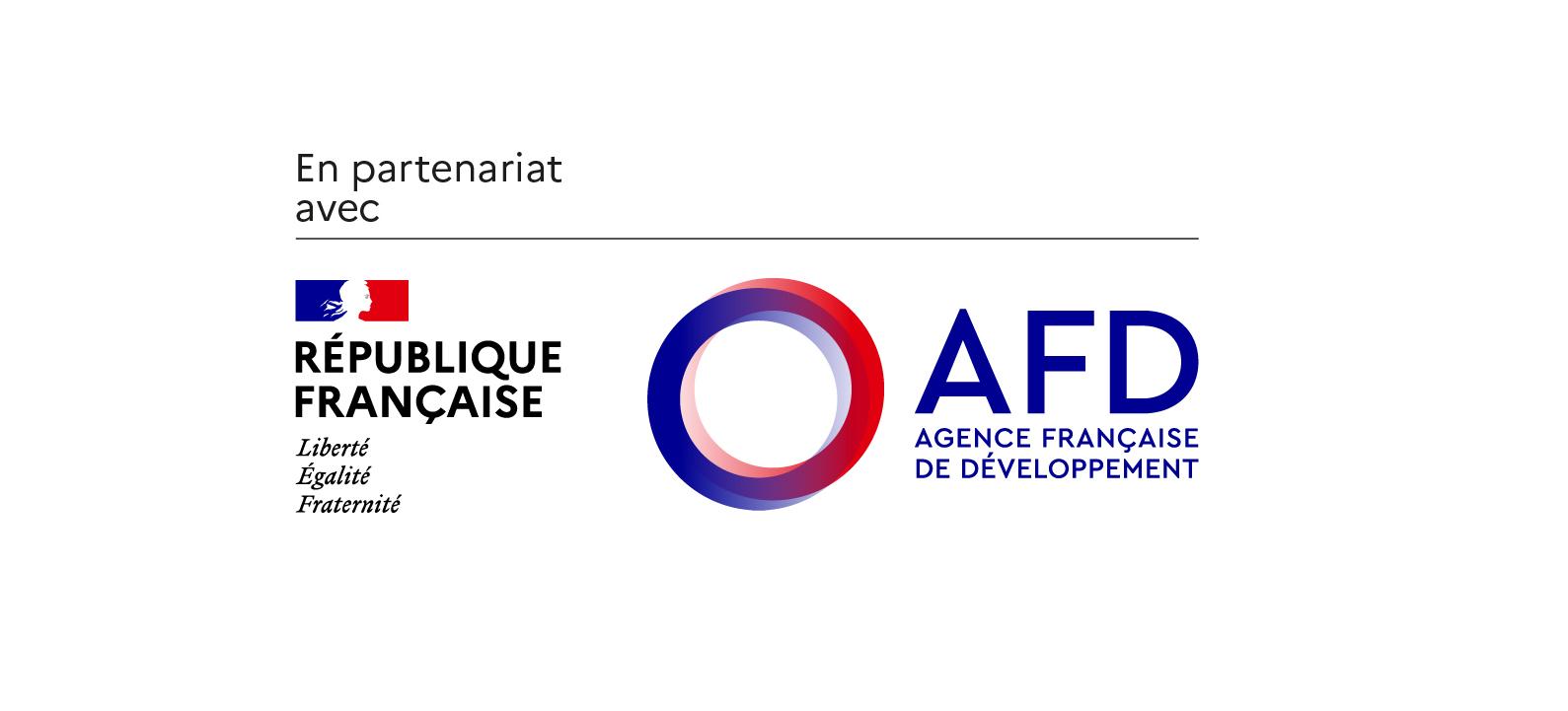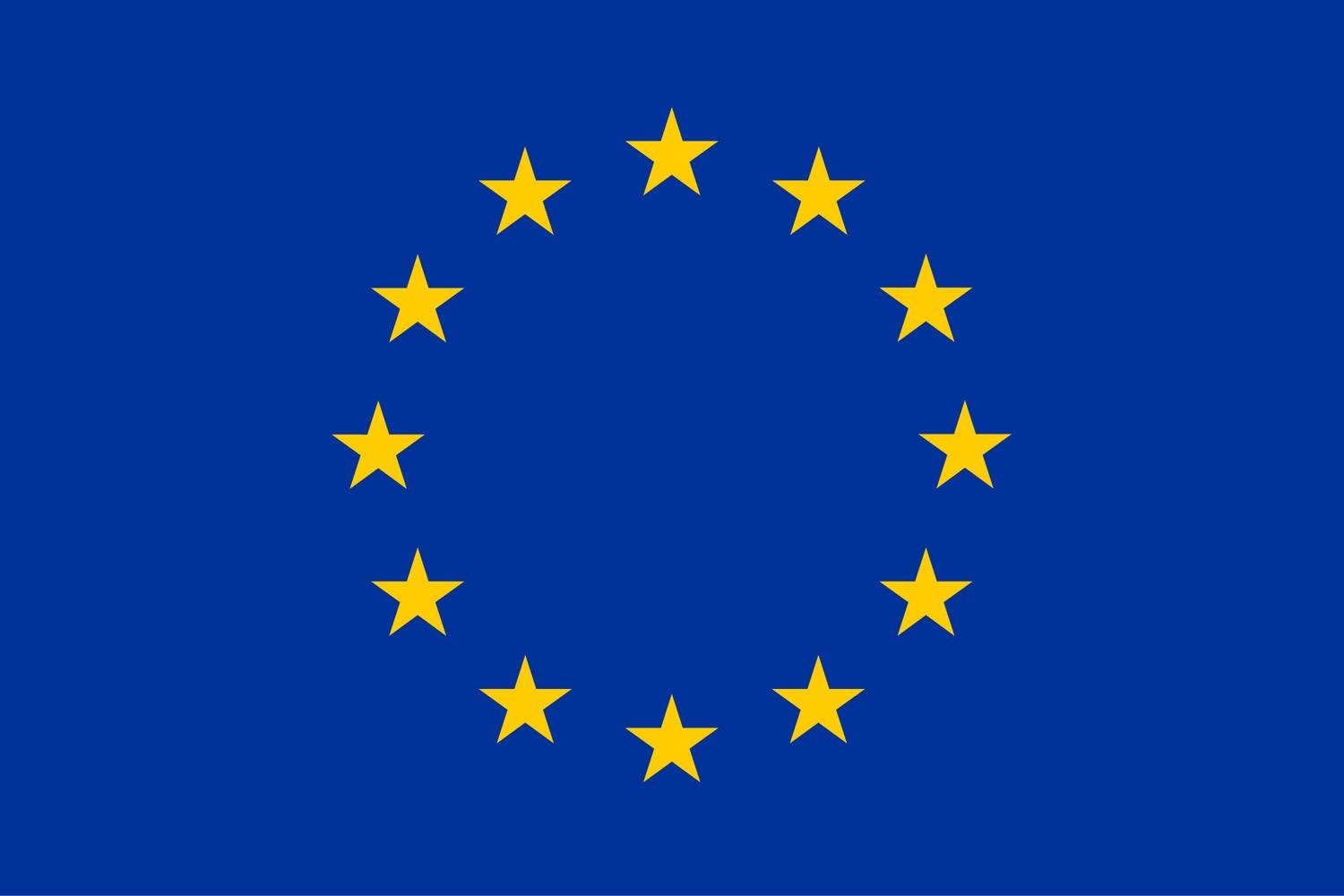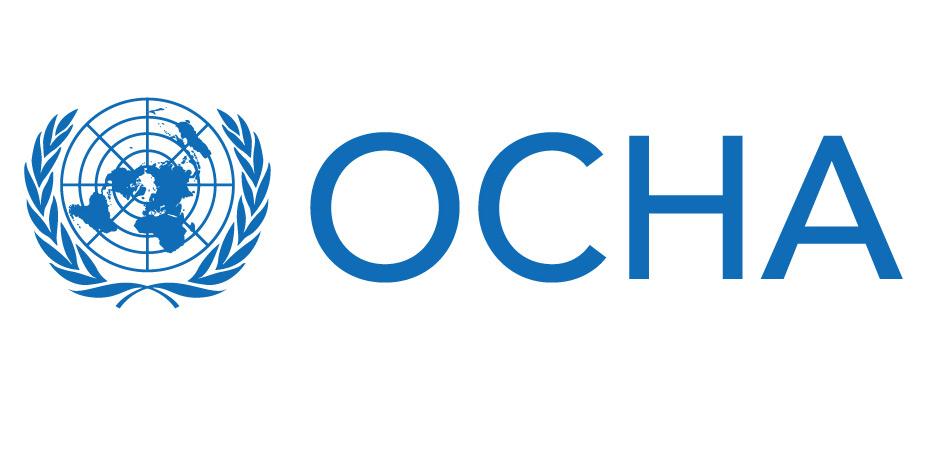First intervention by Médecins du Monde in Burkina Faso, focusing on nutritional and oral health.
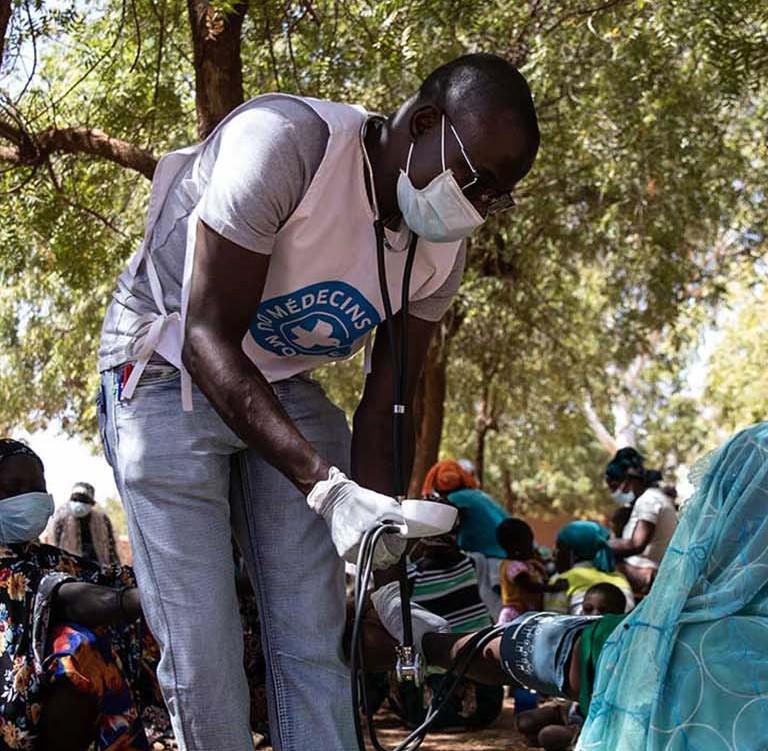
Burkina Faso
© Sophie Garcia
Médecins du Monde’s emergency response includes a range of humanitarian assistance programmes. Find out more below about our work and missions in Burkina Faso.
THE HUMANITARIAN SITUATION IN BURKINA FASO
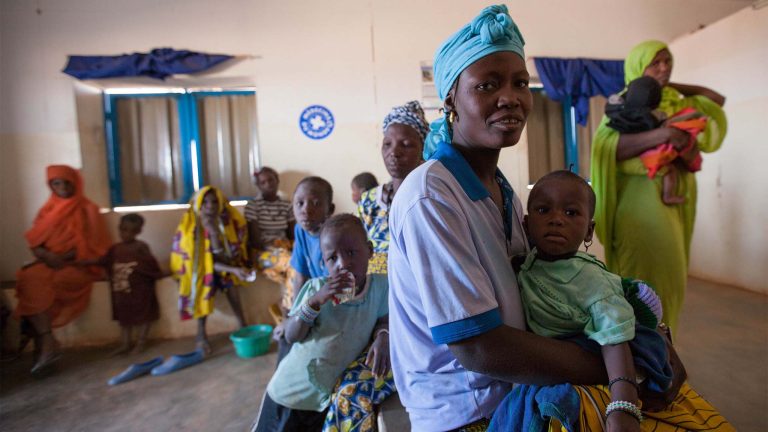
© Mylène Zizzo
OUR HUMANITARIAN WORK IN BURKINA FASO
In this context of instability, Médecins du Monde works to respond to the urgent needs of the most vulnerable groups, with a particular focus on the health of women and children, who are the most severely affected by the precarious situation.
-
2006
-
2009
Intervention in the Sahel to improve access to basic healthcare.
-
2012
Sahel programme expanded to address malnutrition.
-
2012
Programme with Malian refugees to enable them to access essential healthcare.
-
2014
Intervention to prevent unwanted pregnancies in some districts of the Sahel region.
-
2014
Emergency intervention to prevent the spread of Ebola virus.












